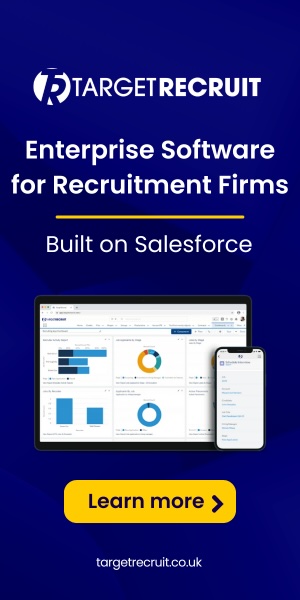Equity and benefits for all
Since the onset of the pandemic, the landscape of working life for office employees has undergone a transformation. Many have embraced a newfound flexibility, empowered to carry out their tasks remotely and tailor their schedules to accommodate personal obligations. This shift has brought about various advantages.
However, as 75% of the UK workforce operates beyond the confines of traditional office spaces, it raises the question of whether the other segment of the workforce has been neglected in endeavours to enhance the employee journey. Recent research reveals that a significant 67% of businesses recognize the criticality of flexibility in their quest to secure the most coveted skills in the job market.
Moreover, a substantial 65% acknowledge the necessity of engaging in the “flexibility game” to attract suitable talents. Nonetheless, for individuals engaged in non-office-oriented roles, duplicating these adjustments may not always be feasible. Factors like the requirement to be physically present during designated hours can hinder the same degree of flexibility enjoyed by their office counterparts.
The dynamics of flexibility are more intricate in non-office settings. Industries such as manufacturing and retail face distinct challenges, as implementing the same flexible arrangements that office employees enjoy could necessitate hiring additional personnel to bridge potential gaps that flexible hours might create, thus preventing operational downtime or decreased productivity.
In essence, granting non-office workers an equivalent level of flexibility could entail unanticipated indirect expenses or the need for supplementary resources, a financial burden that many businesses might find challenging to absorb—especially given the prevailing economic conditions. Consequently, businesses unable to offer such flexibility must explore alternative strategies to retain their workforce.
Industries marked by shift-based roles still have a responsibility to provide a positive employee experience. To address the flexibility gap, businesses with non-office staff need to broaden their scope and seek other avenues to demonstrate appreciation.
For example, providing opportunities for career advancement not only aids in staff retention but also underscores the value the company places on its employees as long-term assets. Establishing apprenticeships or training programs that facilitate employee growth within the organization can also significantly enhance the employee experience.
According to insights gathered during research for Reed’s annual Salary Guides, individuals in sectors like manufacturing and hospitality demonstrate less inclination towards flexible work arrangements as a preferred benefit, instead favouring performance bonuses. Similarly, those in hospitality and retail exhibit a greater interest in workplace discounts compared to their peers in different sectors.
Occupations involving manual labour tend to carry a higher risk of musculoskeletal issues and workplace injuries. Conversely, office-centric roles tend to report stress as the primary health concern among employees. In this context, while flexible work arrangements might assist office workers in managing stress and achieving a work-life balance, offering private insurance or healthcare provisions could prove more advantageous for those engaged in manual labour-intensive roles.
In summary, businesses catering to non-office employees would do well to engage in open communication with their workforce to discern the factors that contribute to a sense of value and contentment at work. Individuals in non-office roles generally acknowledge the inherent limitations on flexibility dictated by the nature of their work, particularly in terms of location and hours.
Thus, a more effective approach lies in providing pertinent alternative benefits, which serve as the cornerstone for enhancing the overall employee experience.












